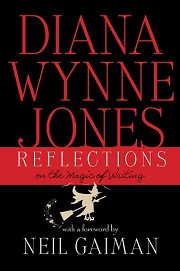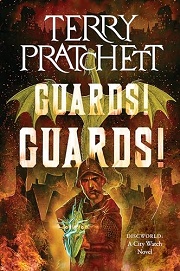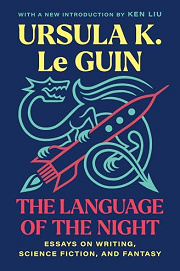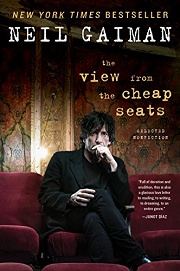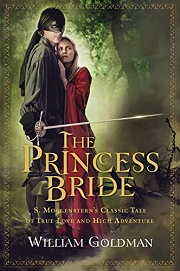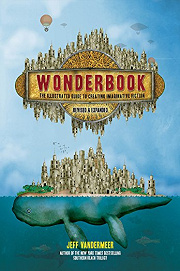Share your thoughts in a quick Shelf Talk!
Reflections on the Magic of Writing by Diana Wynne Jones
Ever wondered how enchantment is made on the page? In Reflections on the Magic of Writing, a master storyteller opens the door to her workshop, sharing sharp, witty insights into craft, creativity, and the alchemy behind beloved tales. Part memoir, part toolkit, it’s a warm invitation to readers and writers eager to understand how imagination becomes story.
Have you read this book? Share what you liked (or didn’t), and we’ll use your answers to recommend your next favorite read!
Love Reflections on the Magic of Writing but not sure what to read next?
These picks are popular with readers who enjoyed this book. Complete a quick Shelf Talk to get recommendations made just for you! Warning: possible spoilers for Reflections on the Magic of Writing below.
In Reflections on the Magic of Writing, did you enjoy ...
... the dry, mischievous humor that pokes fun at fantasy’s clichés while still loving the genre?
Guards! Guards! by Terry Pratchett
If Diana Wynne Jones’s wry asides about fantasy tropes and her cheerful debunking of pompous worldbuilding made you grin—especially when she riffs on dragons, quests, and ‘rules’—you’ll love the way Guards! Guards! lampoons a secret society summoning a dragon and the shambolic Night Watch trying to cope. Commander Vimes’s weary cynicism, Vetinari’s deadpan manipulations, and Pratchett’s footnote gags scratch the same itch as Jones’s playful backstage tour of how fantasy actually works.
... thoughtful, incisive essays about what fantasy is for and how stories shape us?
The Language of the Night by Ursula K. Le Guin
Jones’s reflections on crafting Chrestomanci’s multiverse and the honest talk about why certain magical choices matter pair beautifully with Le Guin’s essays like “From Elfland to Poughkeepsie,” which dissects tone and diction in fantasy, and “Why Are Americans Afraid of Dragons?” which argues for the necessity of wonder. If you enjoyed the way Reflections on the Magic of Writing feeds your brain while affirming your love of the unreal, The Language of the Night deepens that dialogue with luminous clarity.
... a warm, eclectic collection of speeches and essays about imagination, libraries, and the writing life?
The View from the Cheap Seats by Neil Gaiman
If you responded to Jones’s personable, anecdotal voice—her school-visit stories, the affectionate behind-the-scenes bits about Howl’s Moving Castle and other creations—you’ll find the same fireside intimacy in Gaiman’s essays on why libraries matter, how fairy tales endure, and what writers owe their readers. Like Jones, he blends craft talk with heartfelt advocacy for wonder, leaving you inspired to read, write, and daydream more.
... playful, self-aware storytelling that keeps winking at the reader while celebrating adventure?
The Princess Bride by William Goldman
Jones delights in pulling back the curtain on storytelling—showing you the scaffolding even as the magic sparkles. Goldman does the same with his faux-editor frame about ‘S. Morgenstern,’ interrupting the swashbuckling tale of Westley, Buttercup, and Inigo Montoya with sly asides that both tease and deepen the fairy-tale mood. If you enjoyed seeing how Jones’s stories are made, you’ll relish a romp that’s also about the telling.
... a visually exuberant exploration of how fantastical stories are imagined and built?
Wonderbook by Jeff VanderMeer
Jones champions surprise, serendipity, and the feeling that characters sometimes ‘take over.’ Wonderbook turns that sense of discovery into maps, diagrams, and essays from writers like Ursula K. Le Guin and Neil Gaiman—an art-soaked invitation to keep chasing the awe that powers books like Howl’s Moving Castle. If Reflections on the Magic of Writing rekindled your delight in invention, this will supercharge it.
Unlock your personalized book recommendations! Just take a quick Shelf Talk for Reflections on the Magic of Writing by Diana Wynne Jones. It’s only a few questions and takes less than a minute.
